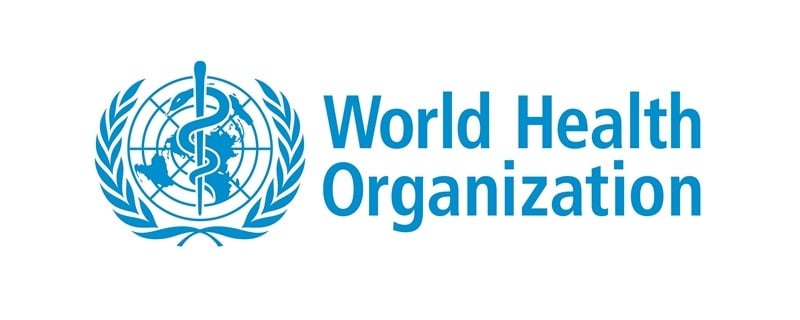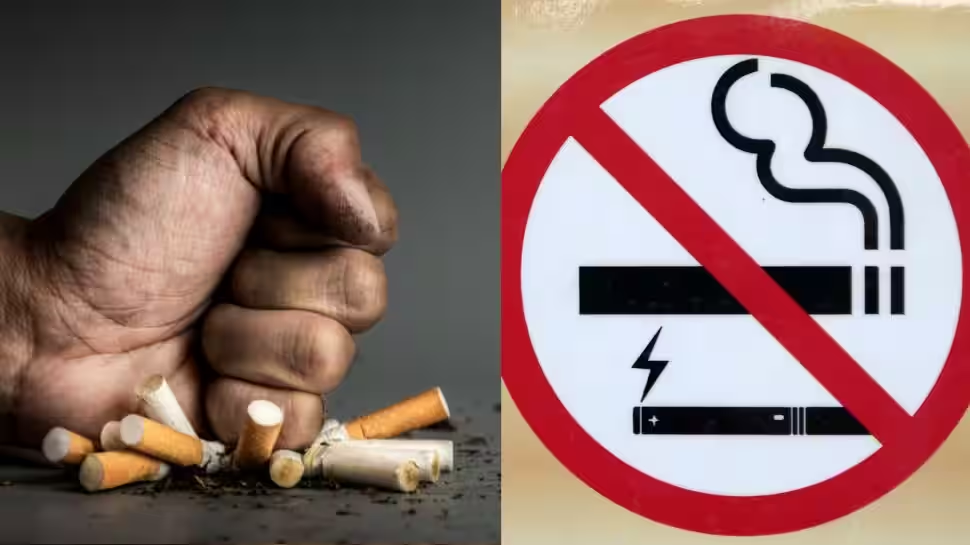The dangerous impacts of tobacco usage on health are globally recognized, and Africa is no exception. In recent years, an increasing awareness of the detrimental effects of tobacco use on both personal health and societal well-being has taken root across the continent. This growing consciousness, coupled with concerted efforts by various stakeholders, has led to a noticeable decline in tobacco use in several African nations. Let’s get into the details of Africa’s fight against tobacco usage.

WHO Report on Tobacco Usage
According to the World Health Organization’s (WHO) most recent report on global tobacco trends, there are approximately 1.25 billion adult tobacco users worldwide. However, the silver lining in this grim figure is the continued decline in tobacco use rates globally, including in Africa. The WHO report titled “WHO Global Report on Trends in Prevalence of Tobacco Use 2000–2030” noted that 150 countries are successfully reducing tobacco use.
The benefits of controlling tobacco usage are manifold and extend beyond personal health. They include heightened productivity, reduced healthcare costs, improved public health outcomes, and environmental benefits. Particularly in African countries, where healthcare systems often face significant pressure, reducing tobacco-related health issues can have a transformative impact.
Dr. Ruediger Krech, Director of the WHO Department of Health Promotion, emphasizes the importance of ongoing vigilance in this regard. He states, “Good progress has been made in tobacco control in recent years, but there is no time for complacency. I’m astounded at the depths the tobacco industry will go to pursue profits at the expense of countless lives.” Read Also: The Ultimate Guide to Manage Stress Effectively
Collaborative Efforts in Africa
In Africa, tobacco usage poses a significant public health concern. With an average smoking prevalence rate of 18.5% in 2020 and a rising population, the continent faces a ticking time bomb with regard to tobacco-related health risks. However, collaborative initiatives are stepping up to the challenge, leveraging partnerships and synergies to counteract the tobacco menace.
Several African countries have joined forces with international organizations to create comprehensive strategies aimed at reducing tobacco use. These collaborations involve NGOs, governments, and private sector entities, forming a robust web of anti-tobacco initiatives.
Among the leading collaborators are the World Health Organization (WHO) and major tobacco companies like Philip Morris International, British American Tobacco, Imperial Brands, and Japan Tobacco. Their collective efforts aim to regulate tobacco supply and demand across the continent, focusing on preventive measures and public education.

Actual Measures
Several African nations have taken proactive measures to control tobacco use and prevent its negative impact on public health. One such example is Ghana, which has implemented a comprehensive Tobacco Control Measures Act. This includes stringent restrictions on advertising, promotion, and sponsorship of tobacco products, along with the requirement for graphic warning labels on cigarette packaging.
In addition to government efforts, there has been a growing collaboration between health organizations and civil society groups to support tobacco control initiatives in Africa. For instance, the [Framework Convention Alliance (FCA)], an international network of NGOs fighting against tobacco consumption, works closely with African governments to implement effective policies and programs.
Moreover, many African countries have joined the [WHO Framework Convention on Tobacco Control (FCTC)], a global treaty that aims to reduce tobacco consumption through evidence-based policies and interventions. As of 2023, more than 46 African countries have become parties to the FCTC, showing a strong commitment to addressing this public health issue. Read Also: The Top 7 African Nations with Affordable Lifestyles
Challenges in Africa’s Fight Against Tobacco Use
These collaborative efforts face numerous challenges, including policy coherence, regulatory barriers, and cultural attitudes toward tobacco. For instance, in some African societies, tobacco use is deeply ingrained as a social norm, making it difficult to change perceptions and behaviors.
To overcome these obstacles, collaborators are employing various strategies. These include lobbying for stringent tobacco control laws, launching awareness campaigns about the dangers of tobacco use, and investing in research to inform policy-making. They are also working to ensure their efforts align with each country’s cultural context and health needs.
These collaborative efforts are of utmost importance despite these challenges. As the population growth in Sub-Saharan Africa continues, the potential market for tobacco products is expanding. Therefore, the fight against tobacco use is not only a battle for public health but also a race against time.
Through coordinated efforts, Africa can turn the tide against tobacco use. As these initiatives evolve and adapt to new challenges, they serve as a beacon of hope in the continent’s ongoing struggle against the tobacco menace. The journey may be arduous, but the destination—a healthier, tobacco-free Africa—is well worth the effort.

Future Prospects
The future of African countries solving the tobacco issue is both promising and challenging. According to a report by the African Tobacco Control Alliance, there is a growing recognition of the harm caused by the tobacco industry, leading several countries in sub-Saharan Africa to intensify their fight for tobacco control. Comprehensive monitoring strategies are being developed to inform governments and civil societies about the impact of the tobacco epidemic, aiding them to allocate resources effectively for tobacco control.
However, the lack of support programs for smokers wishing to quit remains a significant hurdle. While many African countries have policies for tobacco control, very few have implemented comprehensive cessation programs. This service gap is a crucial area that needs addressing to ensure successful tobacco control.
Looking ahead, strong tobacco control research has the potential to reverse increasing trends in tobacco use and non-communicable diseases. However, current strategies might not be sufficient to meet the 2025 goal of a 30% relative reduction in tobacco use, as identified by the World Health Assembly. Therefore, African nations must bolster their efforts, consider innovative approaches, and prioritize robust support systems to combat the tobacco menace effectively.
Bottom Line
Africa’s efforts to reduce tobacco consumption have had a positive impact, but the journey towards becoming fully tobacco-free is far from smooth. Challenges abound, including the powerful influence of the global tobacco industry, social norms that may tacitly or explicitly encourage smoking, and the economic implications of reducing tobacco production and sales.



